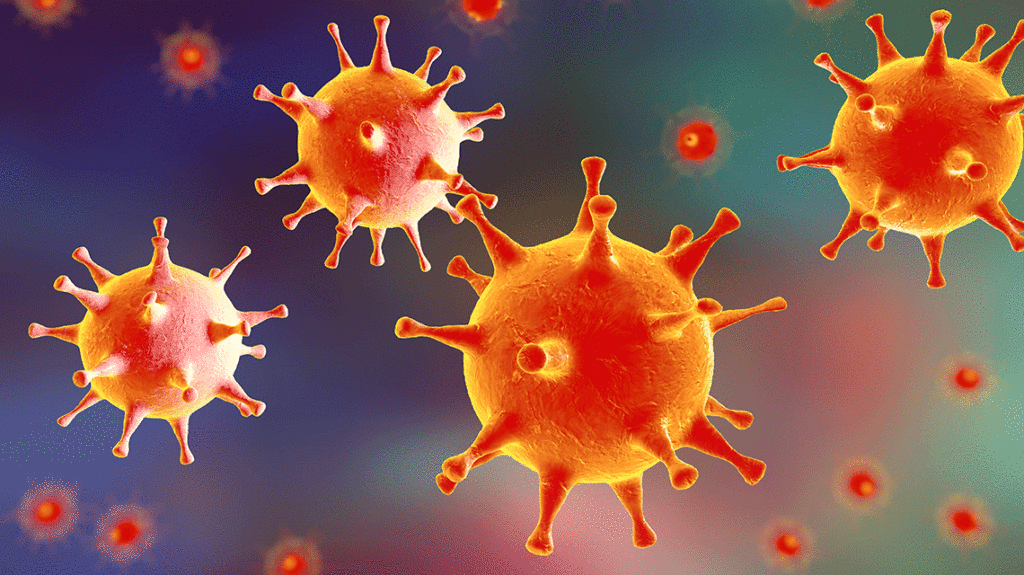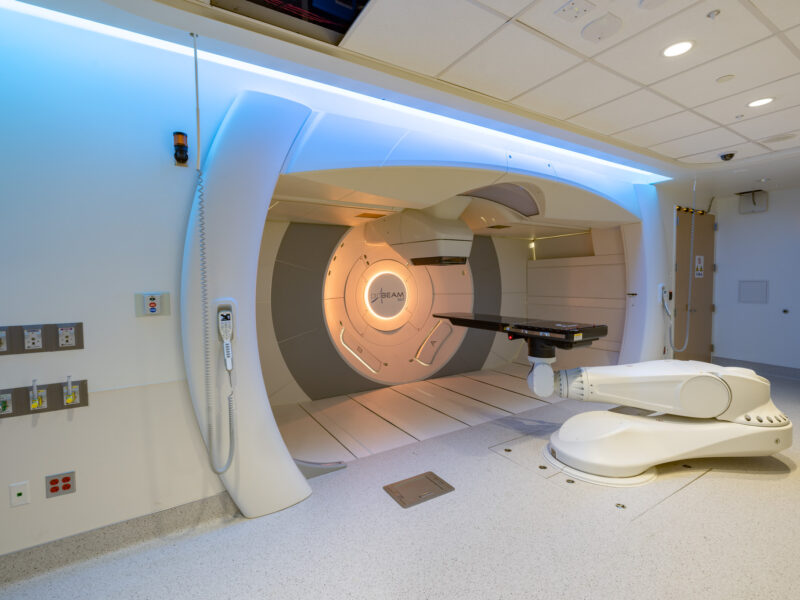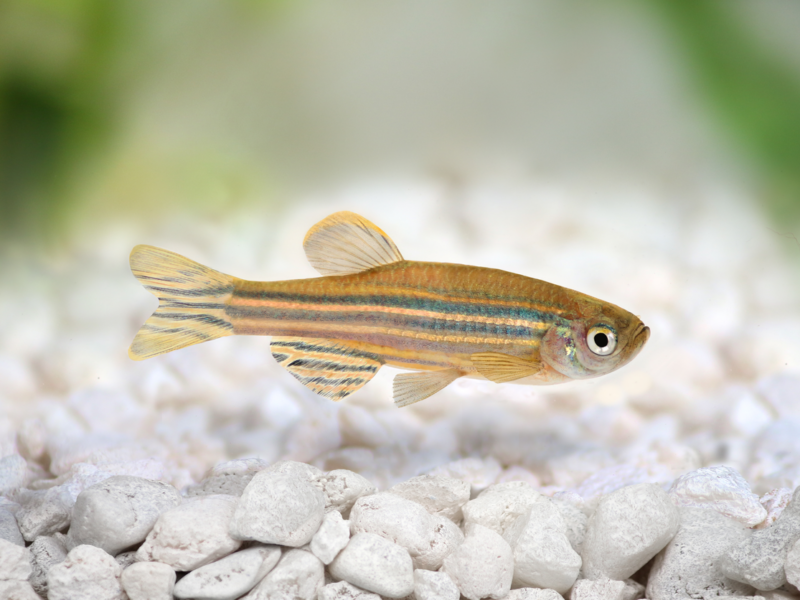The First Study of Oncolytic HSV-1 in Children and Young Adults With Cancer Indicates Safety and Tolerability
The First Study of Oncolytic HSV-1 in Children and Young Adults With Cancer Indicates Safety and Tolerability https://pediatricsnationwide.org/wp-content/uploads/2017/05/AdobeStock_89002908-herpes-virus-header-1024x575.gif 1024 575 Abbie Miller Abbie Miller https://pediatricsnationwide.org/wp-content/uploads/2023/05/051023BT016-Abbie-Crop.jpg- May 11, 2017
- Abbie Miller

The phase 1 trial shows safety and tolerance of HSV1716 in the pediatric population; evidence of viral replication in the blood and acute inflammation on PET/CT scans suggest a phase 2 trial for dosage and efficacy is warranted.
HSV1716 – an oncolytic herpes simplex virus-1 – has been studied in adults via injection into the brain and superficial tumors. Now, a team of researchers at Nationwide Children’s Hospital and Cincinnati Children’s Hospital Medical Center have completed the first phase 1 trial of the virus in the pediatric population, published online in Clinical Cancer Research.
Children with relapsed or refractory solid tumors continue to have poor outcomes and significant toxicities from available therapies. Researchers and clinicians are looking to novel strategies and treatments to improve those outcomes – including oncolytic virotherapy, which has shown improved outcomes and decreased toxicities in numerous adult and animal studies.
“The virus we tested – HSV1716 – is similar to talimogene laherparepvec, the HSV-1 recently FDA-approved for melanoma by intralesional injection,” says Timothy Cripe, MD, PhD, division chief of Hematology/Oncology & BMT, principal investigator in the Center for Childhood Cancer and Blood Diseases in The Research Institute at Nationwide Children’s and senior author on the study. “Oncolytic viruses have a high potential for therapeutic performance with limited toxic effects due to their tumor-selective attributes.”
The researchers administered a single dose of HSV1716 to eight trial participants and two doses to one participant. The participants ranged in age from 8 to 30 years, and their diagnoses included a variety of sarcomas, clival chordoma, malignant peripheral nerve sheath tumor (MPNST) and renal cell carcinoma.
No dose-limiting toxicities were observed in any of the participants. All adverse events reported that were likely to be related to the virus or the procedure were mild and transient.
No clinical responses were observed in this early safety study. However, the results are promising for future investigations into optimal virus dosing, method of virus delivery and combination therapy with other cancer treatments, including chemotherapy and immunomodulators, according to Dr. Cripe.
“We observed that intratumoral HSV1716 is safe and well-tolerated without shedding in children and young adults with late-stage, aggressive cancer,” says Dr. Cripe, who is also professor of Pediatrics at The Ohio State University College of Medicine. “We also observed viremia consistent with viral replication and transient inflammatory reactions, both of which indicate promise for future studies.”
Reference:
Streby KA, Geller JI, Currier MA, Warren PS, Racadio JM, Towbin AJ, Vaughan MR, Triplet M, Ott-Napier K, Dishman DJ, Backus LR, Stockman B, Brunner M, Simpson K, Spavin R, Conner J, Cripe TP. Intratumoral injection of HSV1716, an oncolytic herpes virus, is safe and shows evidence of immune response and viral replication in young cancer patients. Clinical Cancer Research. 2017 Feb. [Epub ahead of print]
Image credit: Adobe Stock
About the author
Abbie (Roth) Miller, MWC, is a passionate communicator of science. As the manager, medical and science content, at Nationwide Children’s Hospital, she shares stories about innovative research and discovery with audiences ranging from parents to preeminent researchers and leaders. Before coming to Nationwide Children’s, Abbie used her communication skills to engage audiences with a wide variety of science topics. She is a Medical Writer Certified®, credentialed by the American Medical Writers Association.
-
Abbie Millerhttps://pediatricsnationwide.org/author/abbie-miller/
-
Abbie Millerhttps://pediatricsnationwide.org/author/abbie-miller/
-
Abbie Millerhttps://pediatricsnationwide.org/author/abbie-miller/
-
Abbie Millerhttps://pediatricsnationwide.org/author/abbie-miller/







